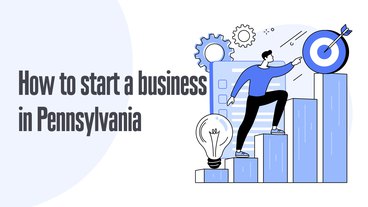
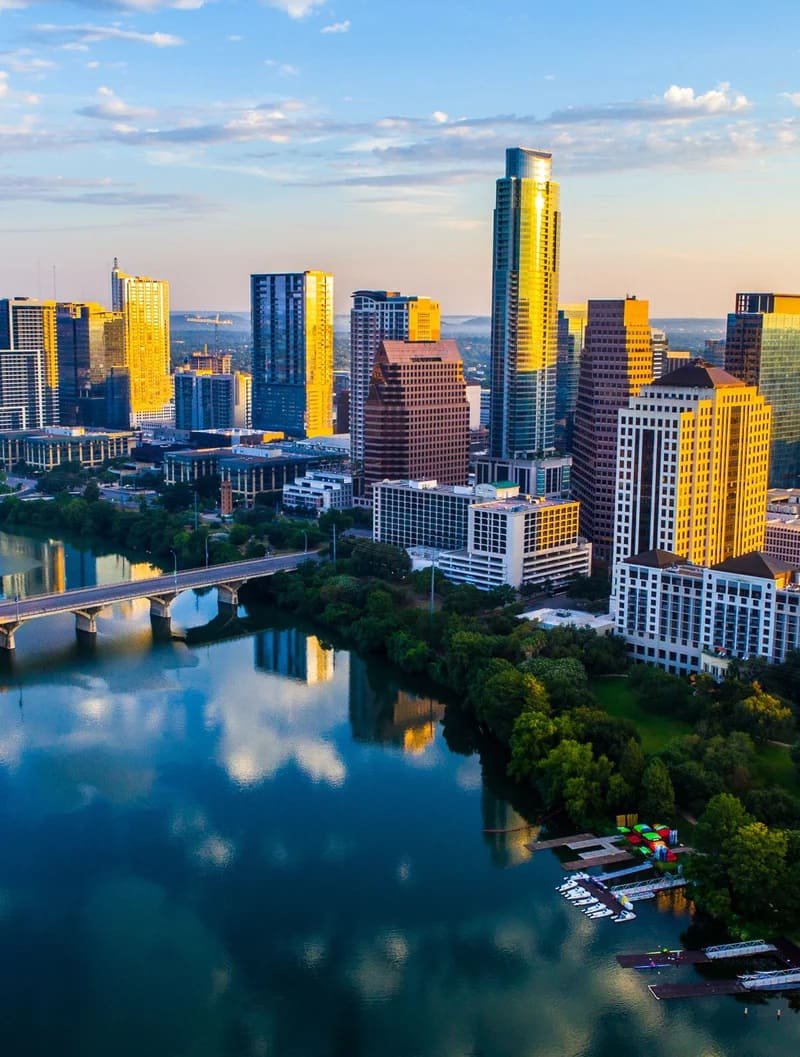
Austin is the city where we work
At Direct Line Development, we embrace constant change and always looking for opportunities to expand our business across the U.S. With booming success in Philadelphia, PA and Denver, CO, it is the time to bring a new office of our web development company in Austin, TX! Learn about Austin’s history and its cultural impact to the nation with Direct Line.
Austin was established by the Republic of Texas in 1839 at the site of a small riverside community formerly known as Waterloo. It was a buffalo-hunting region occupied by Comanche and Tonkawa tribes at that time. The future capital of Texas was named in honor of Stephen F. Austin. In January 1839, the town's population had grown to 856 people. However, in 1842 Sam Houston, the president of Texas, moved the seat of government to Houston, the state’s capital. Then, Austin's population dropped below 200 until 1845, when Texas joined the United States. Finally, on February 19, 1846, Austin formally became the state capital. From 1861 to 1865, Texas was part of the Confederacy, and Austin struggled with shortages of goods during the Civil War. With the railroad, built in 1871, Austin’s population became increasingly diverse and included more than 6,000 inhabitants. In 1883, the University of Texas at Austin was founded, and the city became a college town.
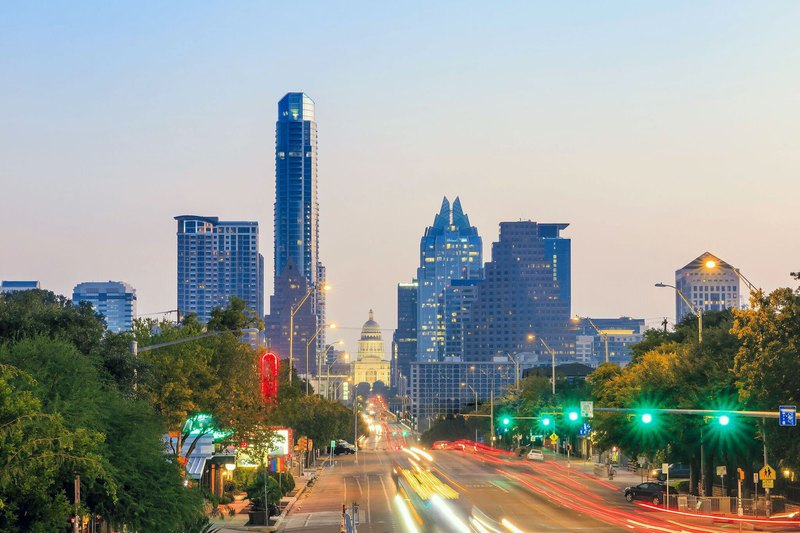
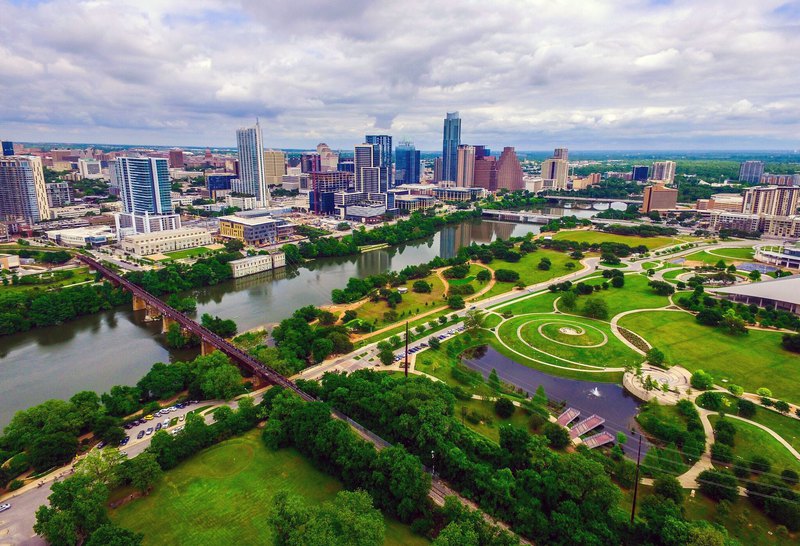
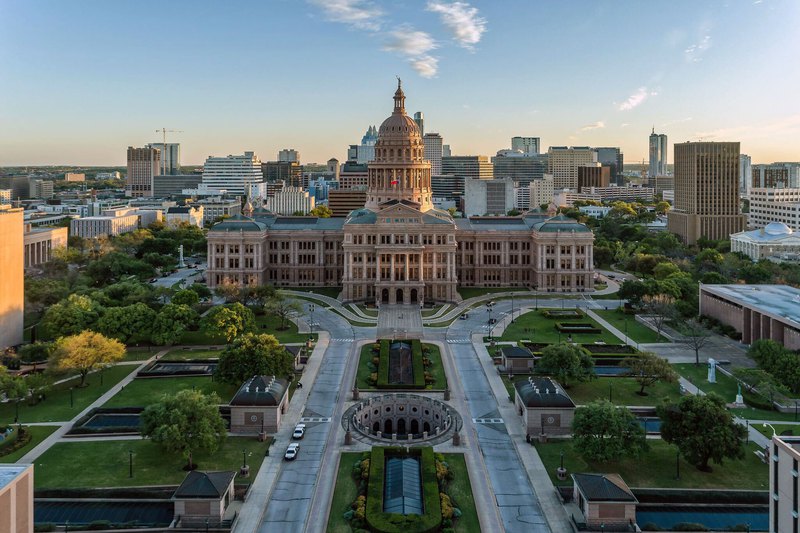
In the 20th century, Austin's population grew at an average rate of 40 percent per decade. By the 1960s, many major companies like Motorola, IBM, and Texas Instruments moved their headquarters to Austin. Today, the city is still developing. It is a charming, vibrant place that offers amazing cultural and educational growth opportunities to its residents, as well as high-tech innovations.
ECONOMIC DEVELOPMENT
Austin has an extremely favorable business climate because of its competitive regulatory environment, as well as low local and state burdens. In 2010, the Greater Austin metropolitan statistical area had a gross domestic product (GDP) of $86 billion.
Three main economic sectors are high-technology, government, and education. The University of Texas at Austin is the biggest employer in the city, providing more than 80,000 jobs. Because of a steady source of graduates from the engineering and computer science programs, Austin's technology and defense industries are thriving.

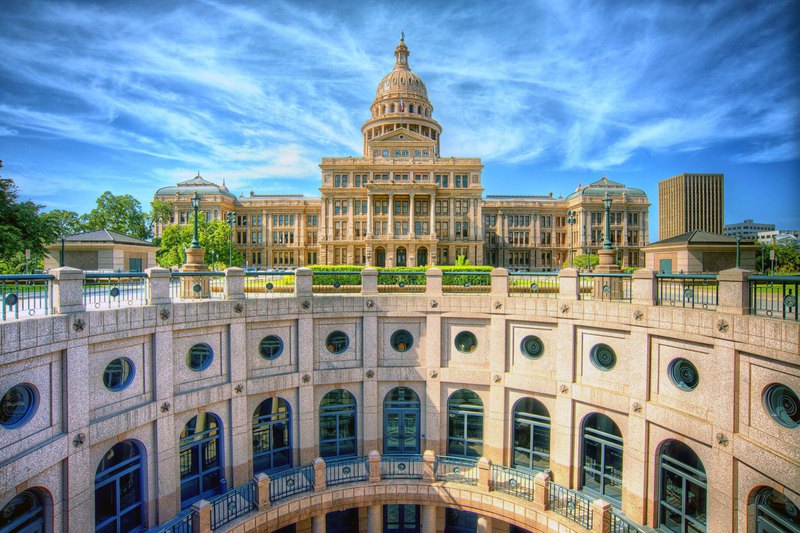
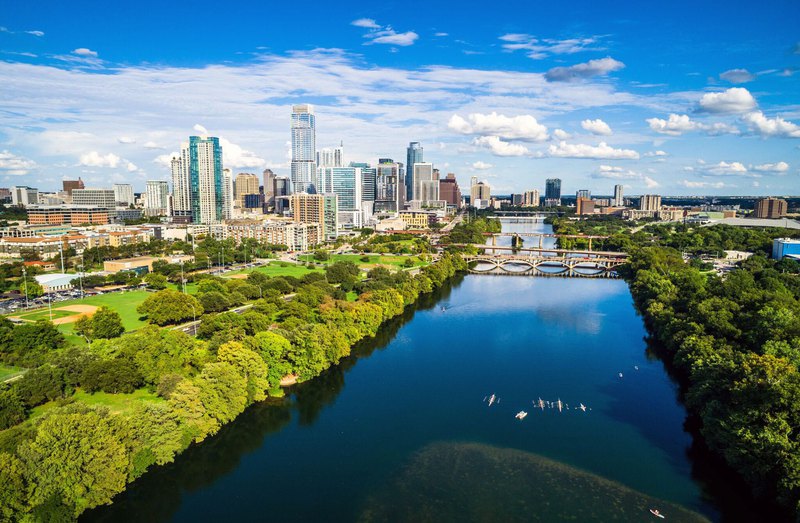
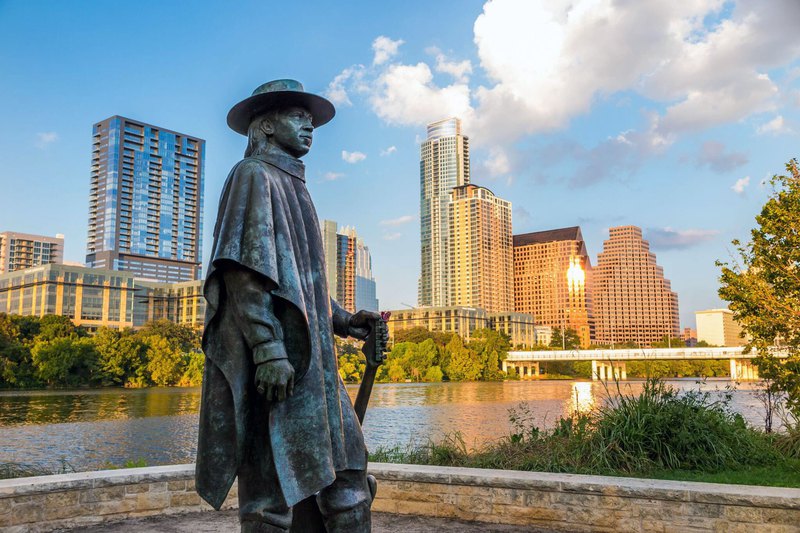
There are a plethora of high-tech companies located mainly in the hilly area on Austin’s west side. The location got the nickname “Silicon Hill” in 1990, a reference to Silicon Valley. High-tech companies with offices in Austin include Apple, Amazon, Electronic Arts, PayPal, Facebook, Nvidia, Google, and more! Global and national corporations are not the only ones who found Austin to be an excellent place to grow. The city also hosts a large variety of locally-owned organizations.
DEMOGRAPHICS
Austin is the 11th most populous city in the US and has a population of 947,890 (according to the 2016 U.S. Census). The average age in the Austin metro area is more than three years younger than the national median (34.7 years vs. 38.1 years). Austin has a sizable Hispanic population that influences the city’s food, music, art, and films.
ARTS AND CULTURE
While the majority of Texans tend to be traditionalists, Austinites seem to head in the opposite direction. The city provides many world-famous festivals throughout the year! The Live Music Capital of the World cultural calendar always has something to offer. Events like South by Southwest (SXSW), the Austin City Limits Music Festival (ACL), and the US Grand Prix attract millions of visitors annually. Texas’s state capital has received its unofficial motto, “Keep Austin Weird,” thanks to its vibrant music scene, political views, and creative residents.
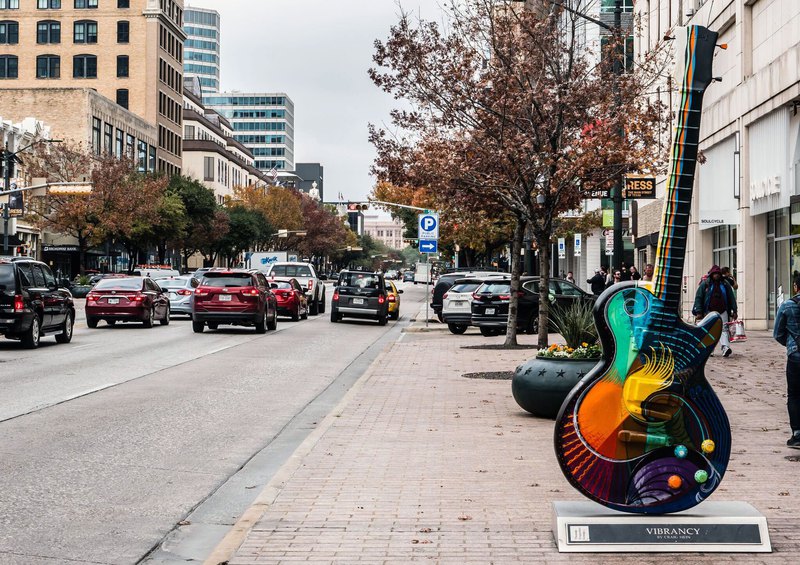
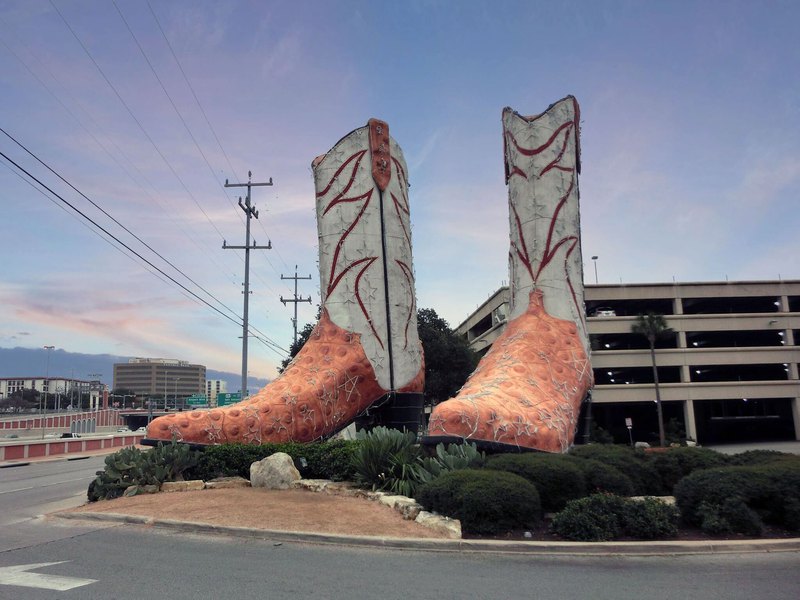
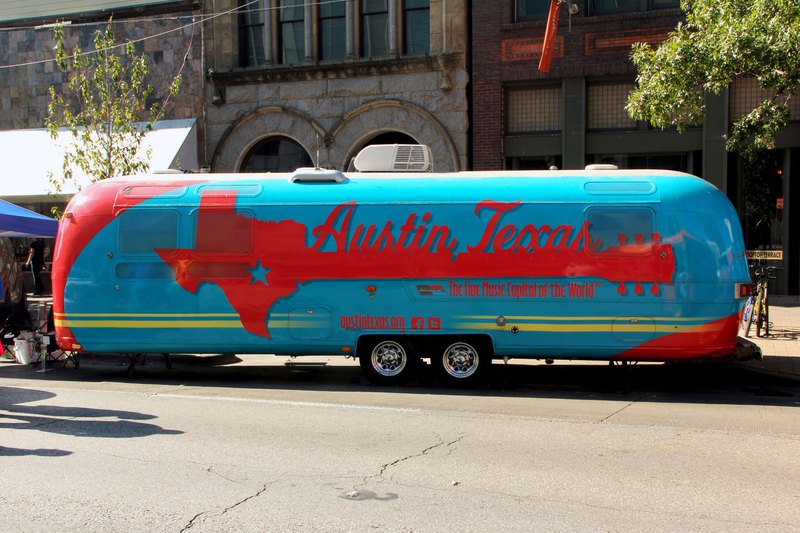
AUSTIN’S VALUE TO THE REGION
Austin’s economy is the fastest-growing in Texas. The city boasts of a high-quality labor force comprised heavily of young professionals. As a center for high technology, Austin played a big role in mitigating the recession effects that struck the nation's economy in the early 2000s. The 2,789 patents that were granted to Austin inventors in 2003 translates to 200 patents per 100,000 residents, which is more than 5 times the national rate of 36 patents per 100,000 residents. With 6,500 startups and tech companies based in Austin, the city is a top spot for college students, musicians, government employees, and high-tech workers to work, play, and prosper. With $621 million invested in 2013, the city is one of the premier areas for venture capital.
The latest news from our blog



